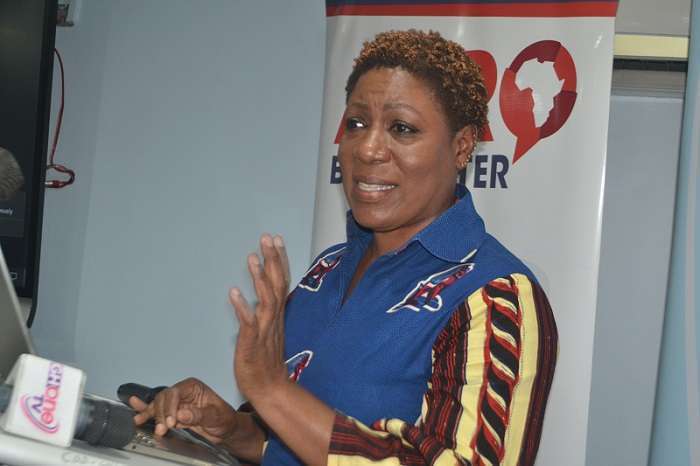A senior lecturer at the University of Ghana, Legon, Professor Godfred Bokpin, has advised government to scrap the Electronic Transaction Levy (E-levy) in the face of stiff opposition by Ghanaians and its negative impact on improving livelihoods.
According to him, the E-levy, although innovative was not an appropriate tool to raise revenue as it was over-burdening the poor who were using the platform to enhance their economic well-being.
He noted that there exist a number of alternative revenue mobilisation tools including property rate which the government could effectively collect to improve revenue.
He was speaking in Accra yesterday at the first public dissemination of the Afrobarometer R9 Survey in Ghana.
Organised by the Centre for Democratic Development (CDD-Ghana), the survey was focused on the economy, taxation and public service delivery.
Prof. Bokpin explained that the tax did not meet the basic principle of taxation in economics as “it was very difficult to situate the tax at the policy and implementation level.”
He hinted that the government was losing between US$3 and US$5 billion dollars annually to tax exemptions, which if cancelled, could positively impact economic growth.
He recommended to the government, to move away from broad policies and generate policies that tackle specific issues that affected the average Ghanaian.
“There’s too much wastefulness in the country that leaves very little to cater for the interest of the ordinary Ghanaian,” he lamented.
Professor Bokpin warned that continuous implementation of the e-levy could pose a challenge in government’s revenue mobilisation effort as it would engender poor compliance of other revenue tools.
He noted that Ghana was faced with “elite capture” where people in authority do not roll-out revenue tools that would significantly affect them adding that situations could permanently ensure revenue shortfalls.
The economist and Professor of Finance urged the government to develop a favourable programme that would meet the approval of International Monetary Fund (IMF) for the country to secure a bailout.
Discussing the findings of the survey, DrEdemSelormey, Director of Research, CDD-Ghana, said that three-fourths of Ghanaians disapprove of the e-levy, including 67 per cent who “strongly disapprove” of it.
She said the survey also found that only two in 10 endorse the new tax.
She noted that 76 per cent of the respondents were of the view that the e-levy was a bad idea because it would increase the tax burden on the poor and ordinary citizens.
“Three-quarters are also not very confident that the government will fulfil its pledge to use the revenues generated by the e-levy to fund development programmes,” DrSelormey added.
A majority of Ghanaians, she noted, called for more education on taxes they owe as well as government taking measures to reduce the tax burden.
Source: CLAUDE NYARKO ADAMS and LINDA COFFIE || Ghanaian Times

